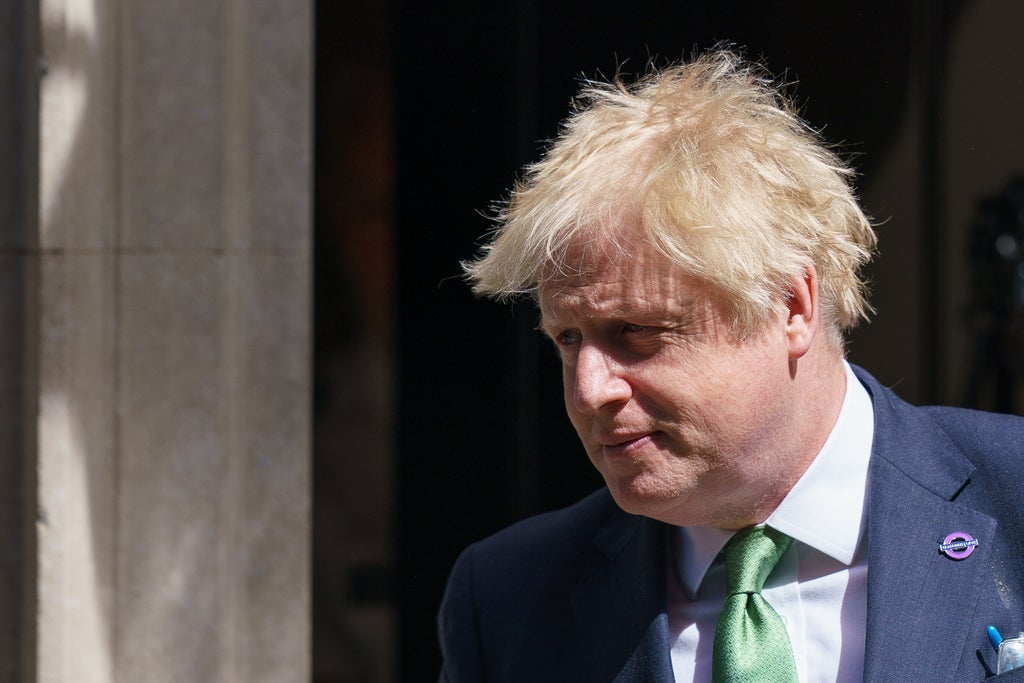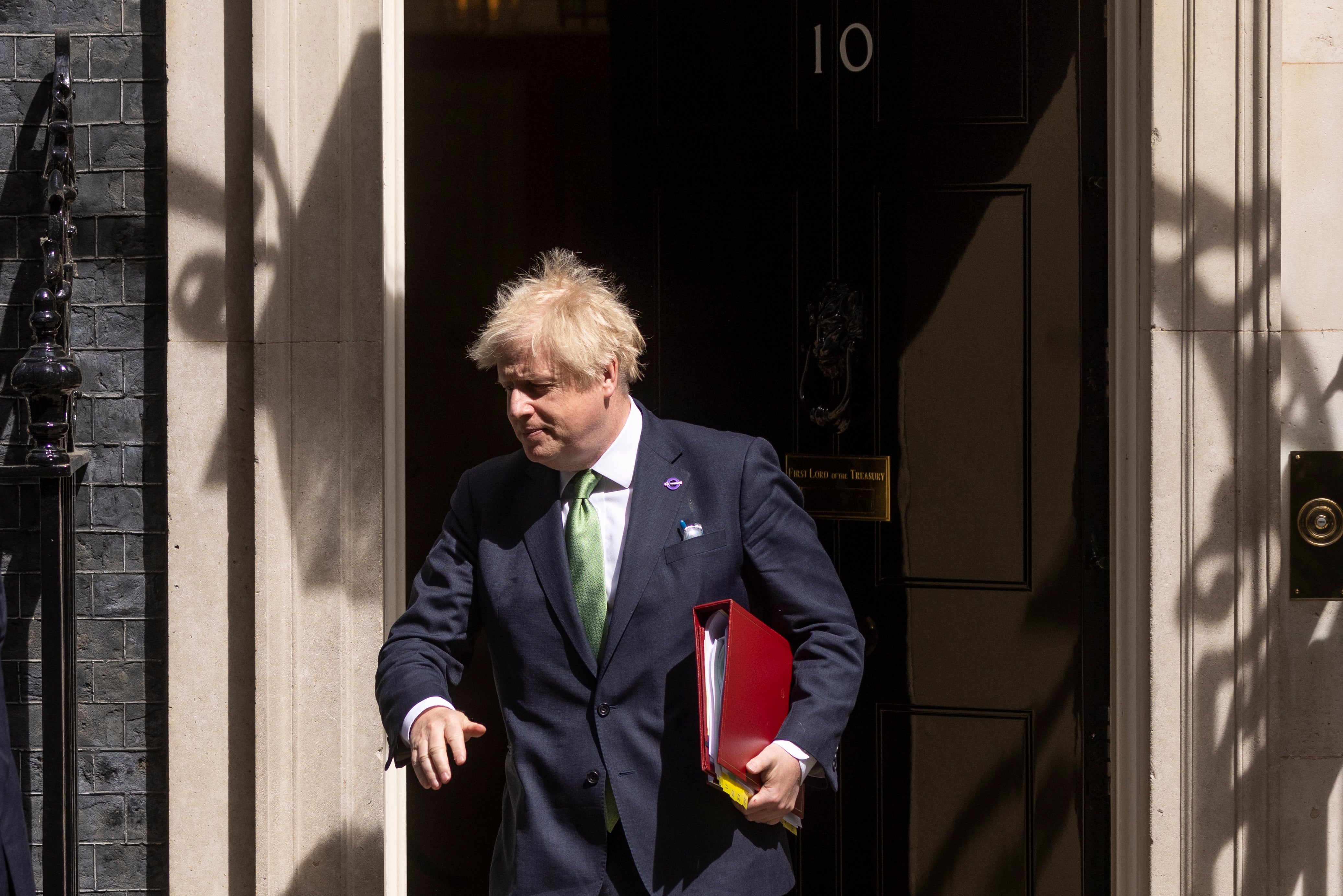
The Metropolitan Police investigation into Partygate has ended, with 126 fines given out over events on eight dates.
The force said its £460,000 probe was now complete, and that it has no objection to Sue Gray publishing her full report.
Scotland Yard has refused to release the identities of the 83 people fined, but Boris Johnson and Rishi Sunak have already admitted receiving penalties and Thursday’s announcement was expected to trigger fresh resignation calls.
Police said that no one had yet indicated an intention to contest any fines, and that 97 have so far been paid.
In total, 73 fines were issued to 48 women and 53 fines were issued to 35 men, with some people receiving multiple penalties.
Scotland Yard’s acting deputy commissioner, Helen Ball, told a press conference: “We have no objection to Sue Gray publishing her report and she will make her own decision now on what action she wants to take.”
She said police were “sure” Covid laws had been breached for each of the 126 penalties.
“Our view is that these 126 referrals are clear cut, we are sure after a really thorough investigation that there was clear evidence of a breach,” Ms Ball added.
“It was important to investigate in the way we have and do it in a really thorough way, which we have done. The outcomes show that that investigation needed to happen.”
A total of 28 people received multiple fines, with some receiving five each, but police decided not to issue them individually rather than double the penalty each time as allowed under Covid laws.
Ms Ball said each fine was £100, lowered to £50 if paid quickly, and it would not have been “fair to tot them up”.
“We were investigating retrospectively and they hadn’t had the fairness of us engaging with them and explaining why they had breached the regulations, and then them making a decision to continue,” she told journalists.
The events found to have breached Covid laws included the “bring your own booze” Downing Street garden party on 20 May 2020 and Mr Johnson’s birthday celebration on 19 June 2020.
Fines were also issued over the Downing Street Christmas party on 18 December 2020, a Cabinet Office drinks event the previous day.
The leaving do held on the eve of Prince Philip’s funeral in April 2021, where a suitcase of wine was allegedly brought into Downing Street, also saw fines, as did more Number 10 leaving drinks on 14 January 2021 and a leaving do for a No 10 private secretary on 18 June 2020.

Because different Covid laws were in place for different events, fines were given out for various offences, including leaving home “without reasonable excuse”, and violating restrictions on outdoor and indoor gatherings of different sizes.
Ms Ball defended the force’s U-turn on carrying out the investigation, which came in January amid mounting pressure following a wave of revelations in the media.
“When Covid regulations were introduced, the Met was clear that whilst we would not routinely investigate breaches of regulations retrospectively, there may be occasions when it would be appropriate to do so,” she said.
“The information that we received with regard to the alleged breaches in Downing Street and Whitehall was sufficient to reach our criteria to begin such an investigation.
“Our investigation was thorough and impartial and was completed as quickly as we could, given the amount of information that needed to be reviewed and the importance of ensuring that we had strong evidence for each fixed penalty notice [FPN] referral.”
The Metropolitan Police said it had a position through the pandemic that it would not “routinely” investigate historic breaches of Covid laws but there were exceptions.
It said the Downing Street events passed its threshold because of “evidence that those involved knew or ought to have known that what they were doing was an offence”, and concerns that not investigating would “significantly undermine the legitimacy of the law”.
The probe saw 12 detectives work through 345 documents - including emails, door logs, diary entries and witness statements - 510 photographs and CCTV images and 204 questionnaires. No interviews were conducted under caution.







